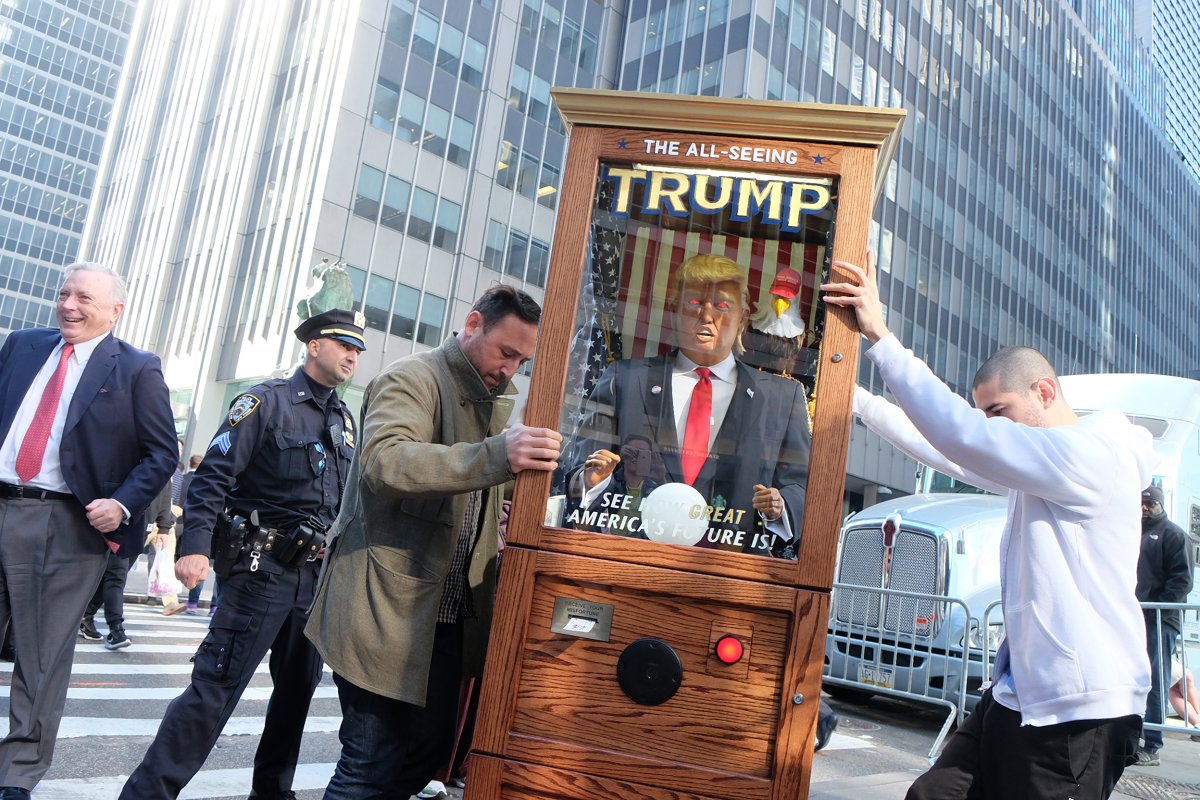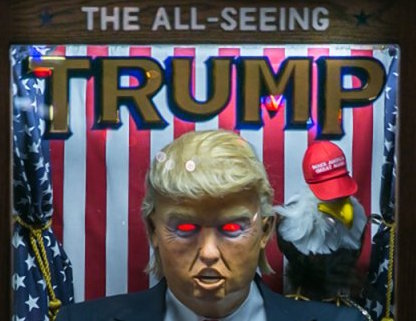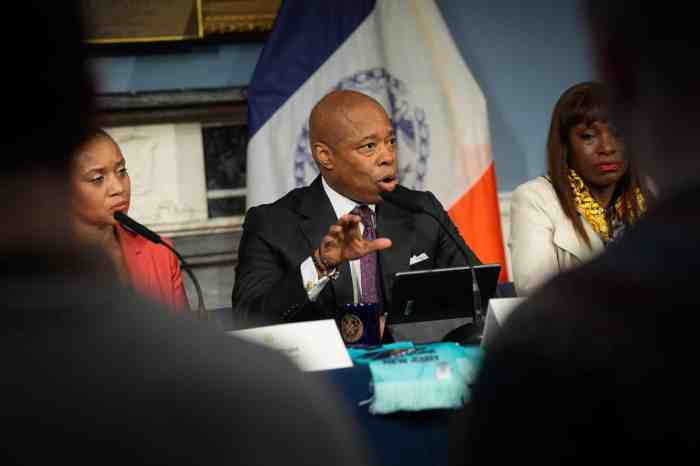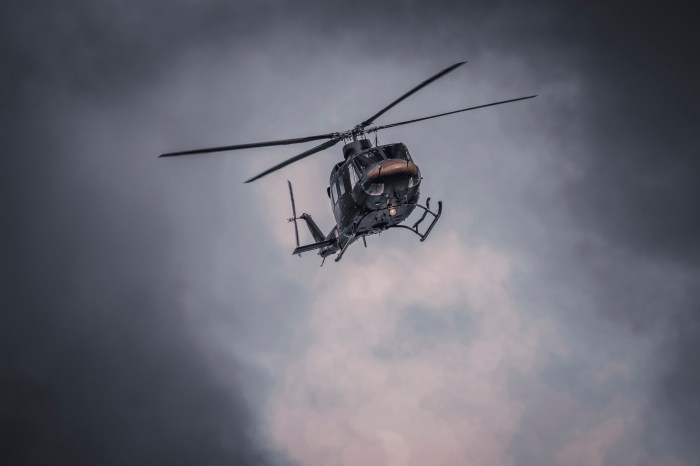
BY CANDY SCHULMAN | ‘My husband thinks we should stash some cash at home,” Gabrielle tells me, momentarily smiling at her impromptu rhyme. “In case the entire grid melts down.”
We are two college professors out to dinner in the West Village after teaching our writing classes. We meet once a semester, sharing strategies to help struggling students. We also discuss politics — but not like this.
“I asked my husband: how much cash is enough?” Gabrielle continues. “A thousand? Five? Ten thousand? We’re not well off, but we could rustle up 10,000. Ever since our house was robbed, I’m nervous about keeping cash around.”
“What grid?” I nervously inquire, draining my wine glass.
“Electrical, banking, everything. They’re all tied together. We’d need money if we have to flee. I know it sounds crazy.”
I lived through 9/11. A mile north of Ground Zero, I slept in my living room for weeks because the fumes were slightly less intense than in my own bed. Right afterward, I felt sealed in, bridges and tunnels closed. No one could “flee,” except by foot or boat. My daughter was 8, and another mother at her school had a contingency plan: She’d steal a shopping cart from the local grocery store, put her two children inside, and wheel them to safety. Sounded crazy. Just like the grid melting down.
My colleague Gabrielle is usually a rational thinker, concerned with the clarity and organization of a five-paragraph essay. Now she is scaring the hell out of me.
Not that I’ve been calm since the election. On Nov. 8, I posted a Facebook selfie of my 22-year-old daughter and me outside the voting booth, with the caption: “Voting for the First Woman President.” We saw “Hamilton” that night, tickets I’d purchased eight months before, believing it would be fun to hip hop through the birth of our country and open champagne afterward to toast Hillary. At intermission the couple next to us perused the results on their phone. I leaned over and astonishingly asked, “Trump’s winning?”
“It’s early yet,” my seat neighbor reassured me.
The next morning my daughter’s friends texted each other to rush and get IUD’s — while they still could. I’ve lived through campaigns and presidents I didn’t agree with, but I never felt this kind of gripping fear, the threat of the demise of democracy as we know it. Students e-mailed me with messages: “I can’t get out of bed to come to class. Too devastated.”
And here I am, listening to Gabrielle’s emergency plan.
“I’ve had a bag packed since 9/11,” she says. “With iodine pills. Remember how we were supposed to pack iodine pills? In case of…I’m sure my iodine pills are expired by now.”
I never packed a bag after 9/11. I didn’t duct tape my windows, as some neighbors did. Is cash now more important than a getaway bag? My late mother, raised in an orphanage during the Depression, often warned me, “Keep cash under the mattress. Just in case.” After she died, I emptied her safe deposit box, and found 10 crisp $100 bills in an envelope. Just in case.
Although I’m not rushing to stash $10,000 in small bills under my mattress, I do receive alarming late-night texts from friends: “All these military appointments. There’s going to be a coup. I’m sick to my stomach.”
What kind of coup? I ask her to explain.
“Who knows?”

In some ways life is normal, even if this is the new normal since the new normal after 9/11. My alarm rings, I get dressed. I praise students who diligently hand in final papers, and listen to the excuses of latecomers. After 9/11 my students were on edge; every noise made them jump, even if it was a trash can being emptied in the hall. Now they sink into their metal desk chairs, more subdued than usual.
I glance at the dispirited gay and trans students in my class, knowing how open they’ve felt expressing themselves in prose. A Jewish Mexican student informs me she’s leaving early to visit her family back home, and all I can think about is that Wall. A homeless black student is arrested walking home from the library at 1 a.m. just because of his skin color and hoodie. An exchange student from Saudi Arabia writes about changing her clothes on the plane back home from Western dress to Eastern. It is the end of another semester, but not just any semester. What message should I impart before they disperse for a new year unlike any other?
“More than ever, our written voices are important,” I urge my students. “Writers must express outrage and enact change.”
On the blackboard I write a quote from Bertolt Brecht: “In the dark times, will there also be singing? Yes, there will also be singing. About the dark times.”
Will I be added to the conservative “watch list” of professors who “advance liberal propaganda?” Another crazy idea that’s not so crazy. Walking home, I keep looking over my shoulder. For what, I’m not sure. But just in case.
Shulman is member of the writing faculty at The New School

















